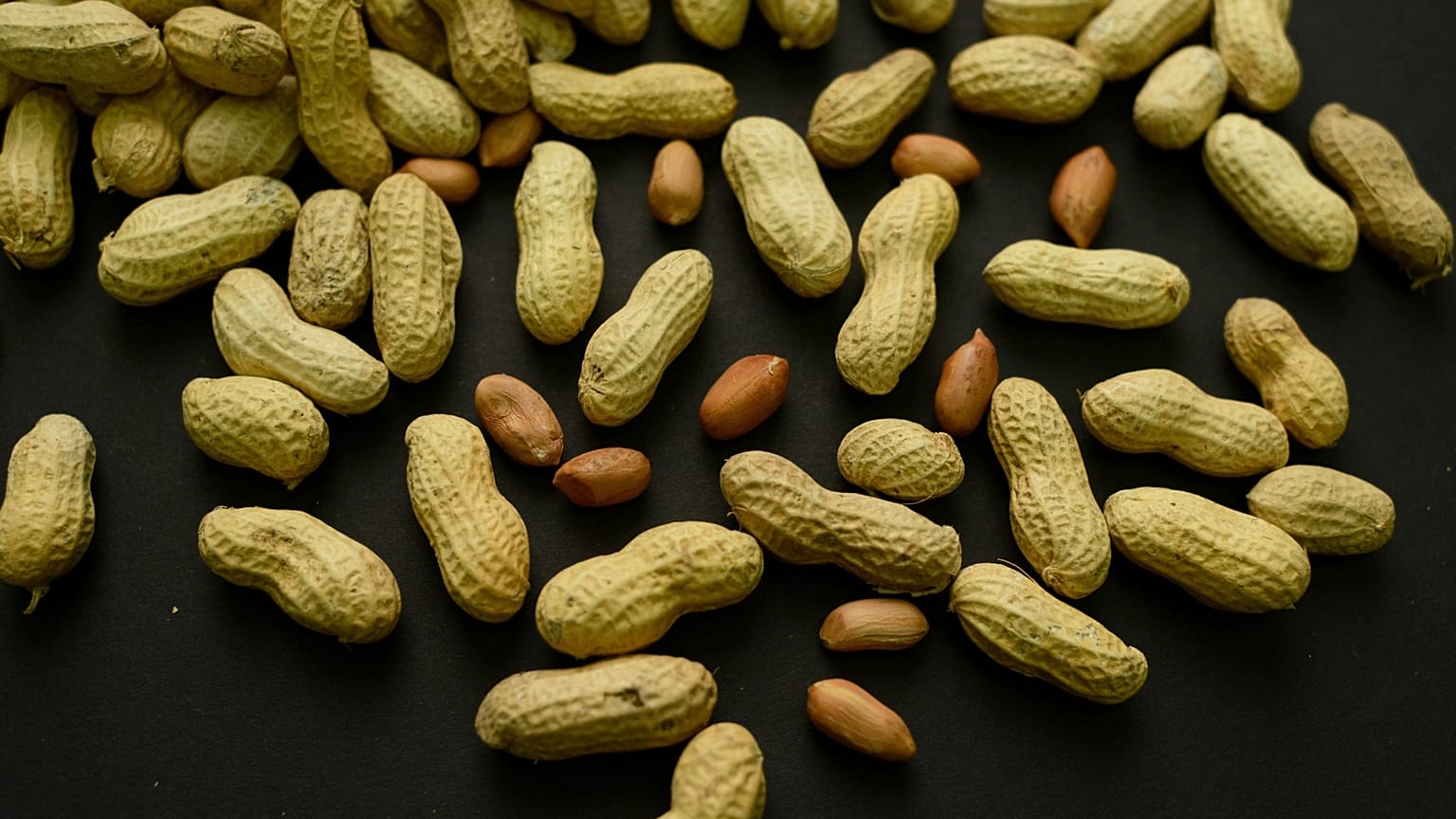A new study indicates a shift in medical guidance around food allergens has paid off.
A decade after a landmark study proved that feeding peanut products to young babies could prevent the development of life-threatening allergies, new research finds the change has made a big difference in the real world.
About 60,000 American children have avoided developing peanut allergies after guidance first issued in 2015 changed medical practice by recommending introducing the allergen to infants starting as early as four months.
The guidelines are in line with European standards. In 2021, the European Academy of Allergy and Clinical Immunology recommended that babies aged four to six months be introduced to peanuts. The United Kingdom and France have issued similar guidance.
The new study, published in the medical journal Pediatrics, indicates the change has paid off.
“I can actually come to you today and say there are less kids with food allergy today than there would have been if we hadn’t implemented this public health effort,” said Dr David Hill, an allergist and researcher at Children’s Hospital of Philadelphia.
Hill and colleagues analysed health data from dozens of US paediatric practices to track diagnoses of food allergies in young children before, during, and after the guidelines were issued.
The researchers found that peanut allergies in children up to age three declined by more than 27 per cent after guidance for high-risk kids was first issued in 2015 and by more than 40 per cent after the recommendations were expanded in 2017.
Why the recommendations changed
Peanut allergy is caused when the body’s immune system mistakenly identifies proteins in peanuts as harmful and releases chemicals that trigger allergic symptoms, including hives, respiratory symptoms, and sometimes life-threatening anaphylaxis.
For decades, doctors had recommended delaying feeding children peanuts and other foods likely to trigger allergies until age three.
But in 2015, Gideon Lack at King’s College London published the groundbreaking Learning Early About Peanut Allergy (LEAP) trial.
Lack and colleagues showed that introducing peanut products in infancy reduced the future risk of developing food allergies by more than 80 per cent. Later analysis showed that the protection persisted in about 70 per cent of kids into adolescence.
The study immediately sparked new guidelines urging early introduction of peanuts – but putting them into practice has been slow.
Confusion and uncertainty about the best way to introduce peanuts early in life led to the lag, according to a commentary that accompanied the study. Early on, medical experts and parents alike questioned whether the practice could be adopted outside of tightly controlled clinical settings.
The new study emphasises the current guidance, updated in 2021, which calls for introducing peanuts and other major food allergens between four and six months, without prior screening or testing, Hill said.
Parents should consult their paediatricians about any questions.
“It doesn’t have to be a lot of the food, but little tastes of peanut butter, milk-based yoghurt, soy-based yoghurts, and tree butters,” Hill said.
“These are really good ways to allow the immune system exposure to these allergenic foods in a safe way”.


















